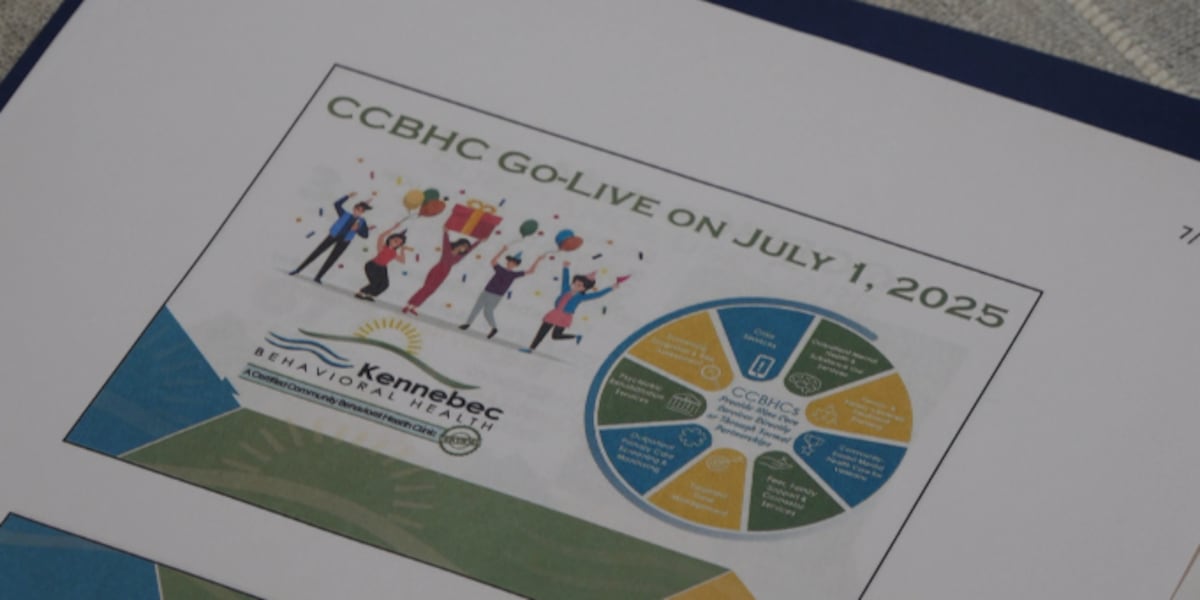Kennedy's Vaccine Stance: From Campaign Promises to Health Secretary Role - What's the Reality?

Robert F. Kennedy Jr.'s appointment as Health Secretary has sparked considerable debate, particularly regarding his long-held views on vaccines. During his Senate confirmation hearings, Kennedy made assurances that he wouldn't interfere with established scientific processes within the Department of Health and Human Services (HHS). He stated his intention to empower HHS scientists and prioritize evidence-based decision-making.
However, Kennedy's past statements and activism have often presented a contrasting picture. He has been a vocal critic of vaccine safety and efficacy, a position that clashes with the overwhelming consensus of the medical and scientific community. This raises questions about how his philosophy will translate into policy and influence the HHS's approach to public health.
The Confirmation Hearings: A Pledge of Non-Interference
During his confirmation hearings, Kennedy emphasized his commitment to respecting the expertise of HHS scientists. He explicitly stated, "I am not going to go into HHS and impose my preordained opinions on anybody at HHS. I’m going to empower the scientists at HHS to do their job and make sure that we have good science that is evidence based." This declaration was largely interpreted as an attempt to alleviate concerns about his potential impact on vaccine policy.
This commitment suggests a willingness to defer to the scientific consensus and allow HHS experts to guide policy decisions. It also indicates a recognition of the importance of maintaining public trust in the safety and effectiveness of vaccines.
A History of Vaccine Skepticism
Despite his assurances during the confirmation process, Kennedy has a long and well-documented history of expressing skepticism about vaccines. He has questioned their safety, suggested links between vaccines and autism (a claim widely debunked by scientific research), and advocated for stricter regulations on vaccine mandates.
His views have been criticized by public health officials and medical professionals who argue that his statements have contributed to vaccine hesitancy and undermined efforts to protect public health. The potential for these past views to influence his actions as Health Secretary remains a significant concern for many.
Navigating the Divide: What to Expect
The challenge for Kennedy now lies in reconciling his past statements with his new role as Health Secretary. His ability to effectively lead the HHS will depend on his capacity to balance his personal beliefs with the need to uphold evidence-based public health policies.
Observers will be closely watching his actions and pronouncements to assess whether he truly intends to empower HHS scientists and prioritize scientific integrity, or whether his personal views will ultimately shape the department's approach to vaccines and other critical public health issues. The appointment has undoubtedly injected a new level of scrutiny into the HHS and the ongoing debate surrounding vaccine policy in Ireland.
The coming months will be crucial in determining whether Kennedy can bridge the divide between his past activism and his present responsibility to protect the health and well-being of the Irish people.





